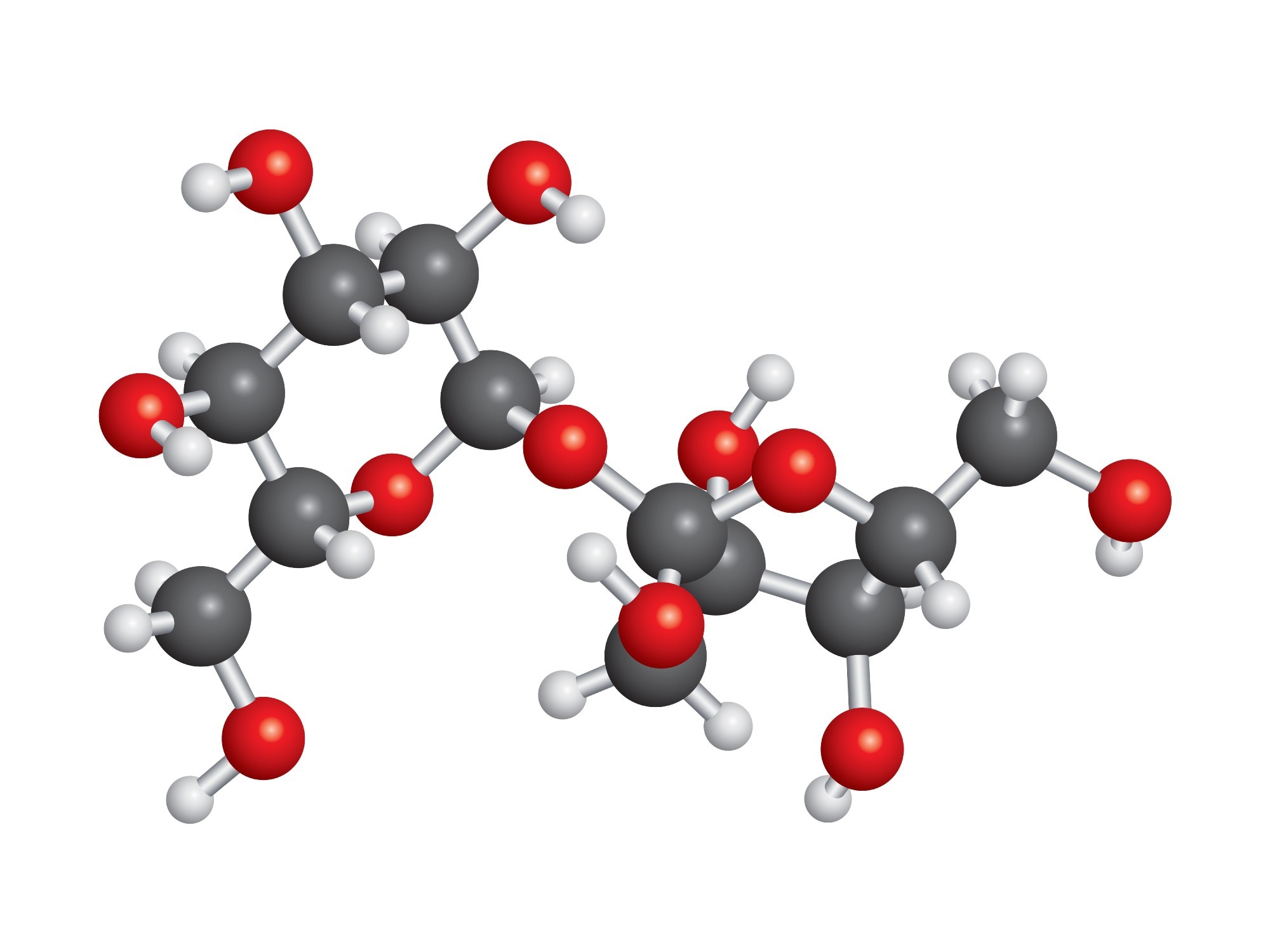Leading Uses Polymers: Enhancing Everyday Products
Leading Uses Polymers: Enhancing Everyday Products
Blog Article
Taking Full Advantage Of the Prospective of Polymers: Discover the Complex Benefits and Practical Uses
The complex benefits and useful uses of polymers continue to develop, supplying ingenious remedies to complex challenges. By checking out how polymers can enhance product durability, drive sustainability efforts, reinvent healthcare solutions, and pave the method for future technological developments, we can uncover a world of opportunities waiting to be utilized.
Importance of Polymers in Modern Industries
Polymers play a pivotal role in modern markets, functioning as flexible products that drive advancement and efficiency throughout a variety of sectors. These complex molecules, composed of repeated subunits, have revolutionized industries such as auto, aerospace, electronics, health care, and much more. In the vehicle field, polymers have actually made it possible for the development of lightweight yet resilient elements, improving fuel effectiveness and total efficiency. Aerospace sectors depend on polymers for their high strength-to-weight ratio, critical for aircraft and spacecraft building. The electronic devices industry gain from the insulating residential properties of polymers, necessary for producing motherboard and digital devices (Polymers). Additionally, polymers are thoroughly made use of in the health care sector for drug distribution systems, medical devices, and biocompatible materials. Their flexibility, longevity, and cost-effectiveness make polymers crucial in modern-day manufacturing procedures, promoting developments and driving progress in numerous industries worldwide. Embracing the possibility of polymers is crucial to unlocking more advancements and dealing with the evolving demands of today's commercial landscape.
Enhancing Product Longevity With Polymers
With a focus on durability and strength, incorporating sophisticated polymer innovations right into item design has ended up being a keystone of enhancing sturdiness in contemporary manufacturing processes. Polymers provide a vast array of buildings that add to the total resilience of products. One vital benefit is their resistance to rust, chemicals, and weathering, making them suitable for usage in various markets where direct exposure to severe problems prevails.
In addition, polymers can be customized to satisfy details durability requirements, allowing manufacturers to customize items according to their planned usage and anticipated life expectancy. By integrating polymers into product components, manufacturers can enhance toughness and influence resistance, lowering the probability of damage or use in time.
Additionally, polymers are lightweight yet sturdy, giving durability without including unneeded weight to products. This characteristic is specifically valuable in sectors such as aerospace and vehicle, where lightweight materials are important for improving gas effectiveness and general performance.
Sustainability Advancements Via Polymer Technology
In the world of contemporary manufacturing and item design, the innovative application of polymers is driving substantial developments in sustainability practices. Polymer technology plays a critical function in enhancing sustainability by find out here using services that reduce ecological impact throughout different sectors. One crucial aspect where polymers succeed is in enabling the growth of lightweight yet durable products that add to fuel performance in transportation and lower general power consumption. In addition, the recyclability and biodegradability of specific polymers further advertise sustainable practices by lessening waste and pollution.
Furthermore, innovations in polymer technology have caused the production of bio-based and eco-friendly polymers, originated from natural sources such as plants, that use an even more lasting alternative to traditional petroleum-based plastics. These eco-friendly polymers not only help reduce reliance on fossil fuels yet also reduce greenhouse gas discharges throughout manufacturing. By incorporating these cutting-edge polymers right into making procedures, companies can decrease their environmental footprint and move in the direction of more sustainable methods, lining up with my website worldwide efforts to fight climate change and promote a circular economy.
Polymers in Healthcare: Revolutionizing Medical Solutions

One of the vital locations where polymers are making significant strides remains in the growth of targeted medication delivery systems. By enveloping medicines within polymeric nanoparticles or micelles, researchers can boost medication stability, boost bioavailability, and allow controlled launch, causing much more reliable therapy regimens with lowered negative effects.
Moreover, polymers contribute in her explanation the area of regenerative medicine, where they are made use of to produce scaffolds that mimic the extracellular matrix, giving support for cell growth and cells regeneration. This modern technology holds enormous promise for fixing damaged body organs, promoting injury recovery, and advancing tailored medication approaches.
Fundamentally, the combination of polymers in healthcare is driving technology, enhancing treatment efficiency, and ultimately improving patient results in ways formerly thought unattainable.
Future Applications and Developments in Polymer Technology
Advancing at the center of clinical discovery, polymer modern technology proceeds to pave the way for groundbreaking applications and technologies forming diverse sectors. In addition, polymer nanocomposites are improving the mechanical and thermal homes of materials, leading to more powerful and lighter elements in aerospace and automotive sectors. Looking ahead, scientists are checking out the possibility of shape-memory polymers for applications in robotics and biomedical gadgets, where materials that can "bear in mind" and go back to their initial shapes supply interesting possibilities for technology.
Final Thought

Report this page